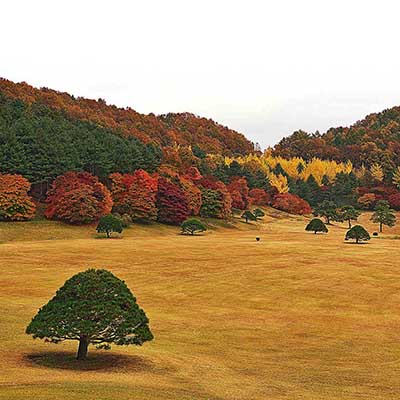

Hotels

Flights
South Korea Monthly Climate Averages

To help you choose the best time to travel, you can find climate data below on the weather in South Korea .
| Month | Seoul | Busan | ||
| day | night | day | night | |
| January | +1.5°C | -5.9°C | +7.8°C | -0.6°C |
| February | +4.7°C | -3.4°C | +9.8°C | +1.1°C |
| March | +10.4°C | +1.6°C | +13.4°C | +4.9°C |
| April | +17.8°C | +7.8°C | +18.2°C | +9.9°C |
| May | +23°C | +13.2°C | +21.7°C | +14.1°C |
| June | +27.1°C | +18.2°C | +24.4°C | +17.9°C |
| July | +28.6°C | +21.9°C | +27.3°C | +21.8°C |
| August | +29.6°C | +22.4°C | +29.4°C | +23.4°C |
| September | +25.8°C | +17.2°C | +26.3°C | +19.5°C |
| October | +19.8°C | +10.3°C | +22.4°C | +14.1°C |
| November | +11.6°C | +3.2°C | +16.3°C | +7.8°C |
| December | +4.3°C | -3.2°C | +10.5°C | +2°C |
Temperature in South Korea
The table shows that the hottest months in South Korea are August and July, during which the average daytime temperature reaches 29.6°C and the nighttime temperature falls to 23.4°C.
The coldest months are January and December, when the daily average temperature falls to 1.5°C, and drops to - 5.9°C during the night.
Most booked hotels in South Korea
Best places in South Korea:
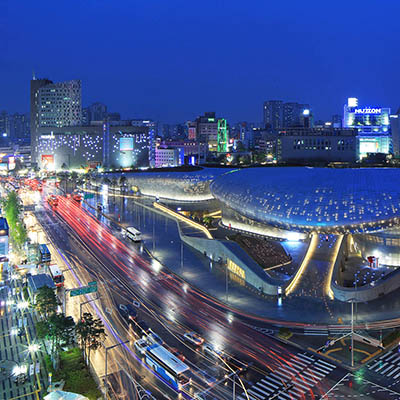
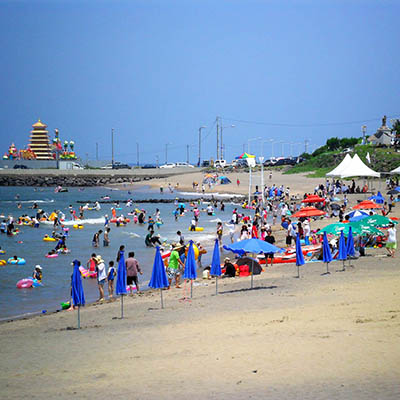
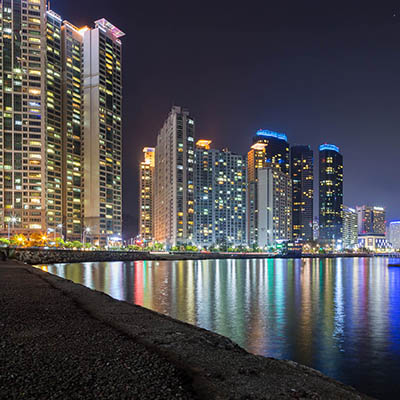
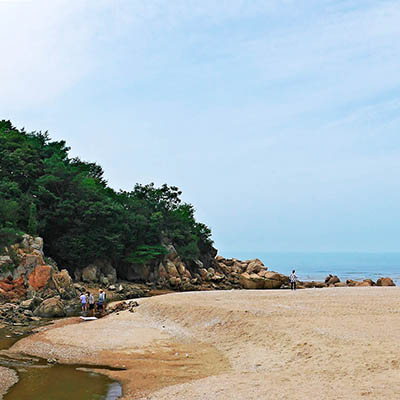
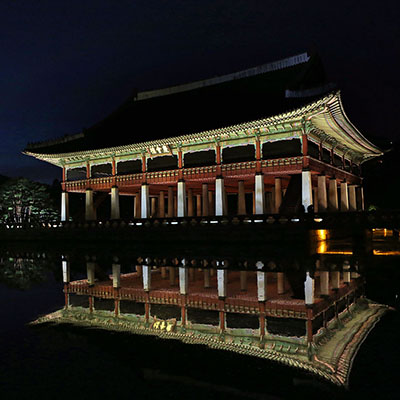
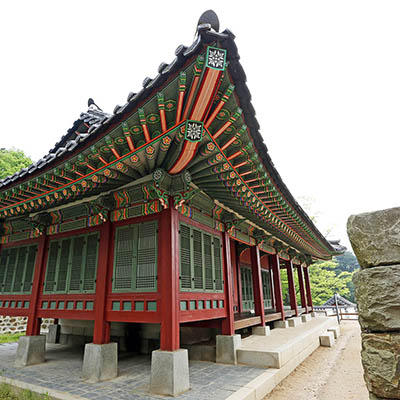
Most Popular Destinations in the World
Sea temperature
The highest average monthly temperature in the Korea Strait on the beaches of Busan is in August and September and equals 24.7 26.3°C.
in South Korea climate by month
Precipitation
The largest amount of rain falls on average in July and August, up to 395mm, and the least in January and December — up to 34mm.




